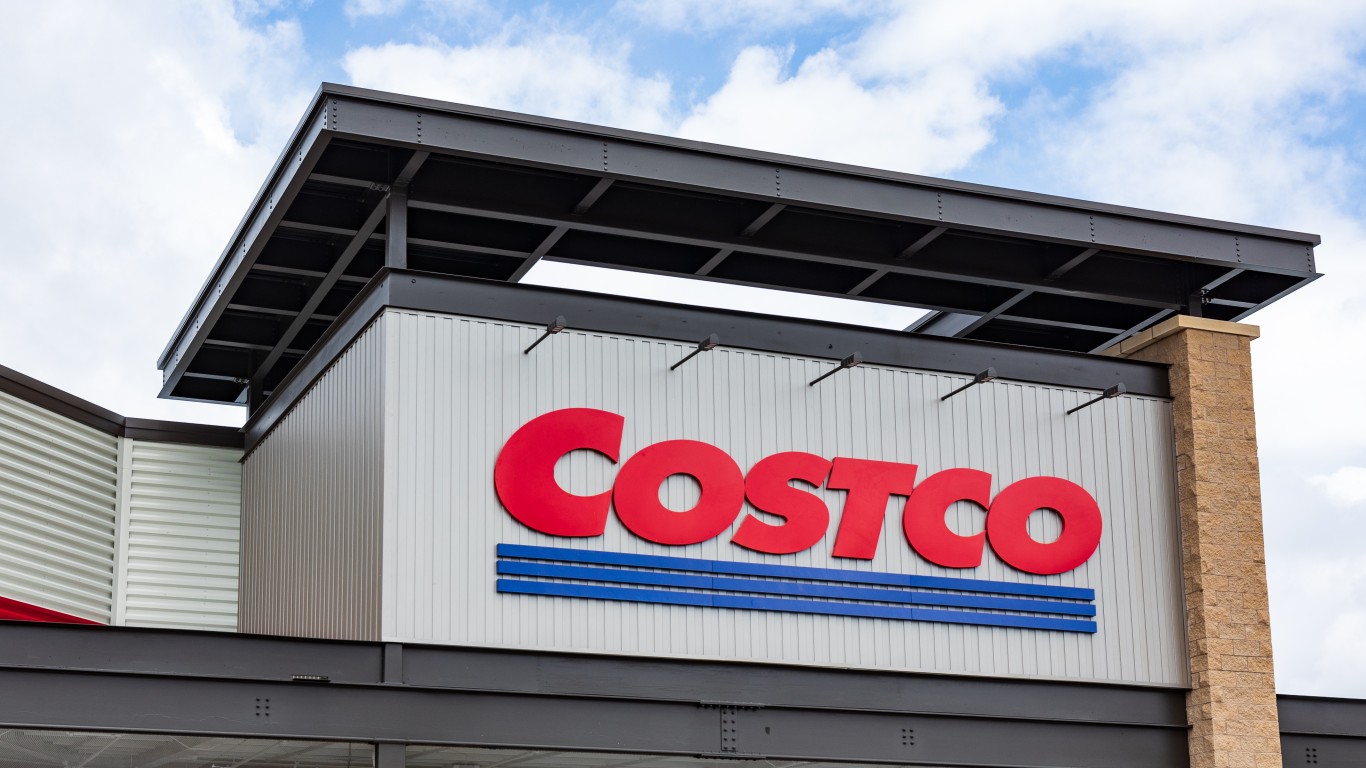 No matter who gets control of Best Buy Co. Inc. (NYSE: BBY), its current board or founder Richard Schulze, the company faces brutal cuts in stores and personnel. There is no other way out of its losses and its small online market share — particularly compared to industry leader Amazon.com Inc. (NASDAQ: AMZN)
No matter who gets control of Best Buy Co. Inc. (NYSE: BBY), its current board or founder Richard Schulze, the company faces brutal cuts in stores and personnel. There is no other way out of its losses and its small online market share — particularly compared to industry leader Amazon.com Inc. (NASDAQ: AMZN)
The Best Buy board said it had offered Schulze a chance to conduct due diligence to support his bid to buyout the company. Schulze claims that the deal offered to him by the board is not adequate.
In the shadow of the Schulze negotiations, the Best Buy board appointed former Carlson CEO Hubert Joly as the consumer electronic company’s new CEO. Whether the move is an indication of the board’s decision to keep Best Buy independent or meant to pressure Schulze to increase his offer obviously remains a closely guarded secret. Joly certainly has been offered a rich severance package if Schulze is successful soon.
The most powerful indication that Wall St. does not care who controls Best Buy for the time being is the company’s stock. Despite takeover talk, it remains well below its 52-week high of $28.53 as it presently trades just above $20. The ongoing concern about Best Buy is that it has taken too long to address its core problems and that a turnaround effort of the company will come too late.
On May 22, Best Buy reported GAAP net earnings from continuing operations of $161 million, or $0.47 per diluted share, for the three months ended May 5, 2012, compared to net earnings from continuing operations of $255 million, or $0.64 per diluted share for the prior-year period. Revenue increased 2% to $11.6 billion in its first fiscal quarter. Guidance numbers were disappointing and investors sold off shares.
Best Buy’s struggles can be divided into two parts. The first is that it has nearly 170,000 workers and almost 1,100 stores in the United States and nearly double that number overseas. Like every other retailer of any size, some of its stores are more profitable than others. Given Best Buy’s razor-thin margins, a large number of its stores lose money. Any effective turnaround would need to include the shuttering of scores of outlets.
Beyond Best Buy’s store count it a more difficult problem. Its online presence is dwarfed by Amazon.com. Even if Best Buy can reduce the number of stores to those that are most profitable, nearly every analyst believes its e-commerce sales are absolutely critical to its future success. There is no easy answer to how Best Buy takes market share from Amazon. As a matter of fact, one of Best Buy’s problems is that potential customers come to its stores to look at products and then purchase them online based on price.
Whoever owns Best Buy needs to contend with the problem that shrinking the chain will be the only way to increase profits, but that fix is not enough for a complete turnaround.
Douglas A. McIntyre
Travel Cards Are Getting Too Good To Ignore (sponsored)
Credit card companies are pulling out all the stops, with the issuers are offering insane travel rewards and perks.
We’re talking huge sign-up bonuses, points on every purchase, and benefits like lounge access, travel credits, and free hotel nights. For travelers, these rewards can add up to thousands of dollars in flights, upgrades, and luxury experiences every year.
It’s like getting paid to travel — and it’s available to qualified borrowers who know where to look.
We’ve rounded up some of the best travel credit cards on the market. Click here to see the list. Don’t miss these offers — they won’t be this good forever.
Thank you for reading! Have some feedback for us?
Contact the 24/7 Wall St. editorial team.



